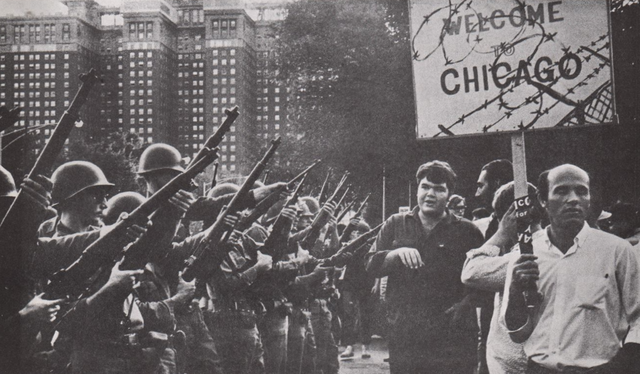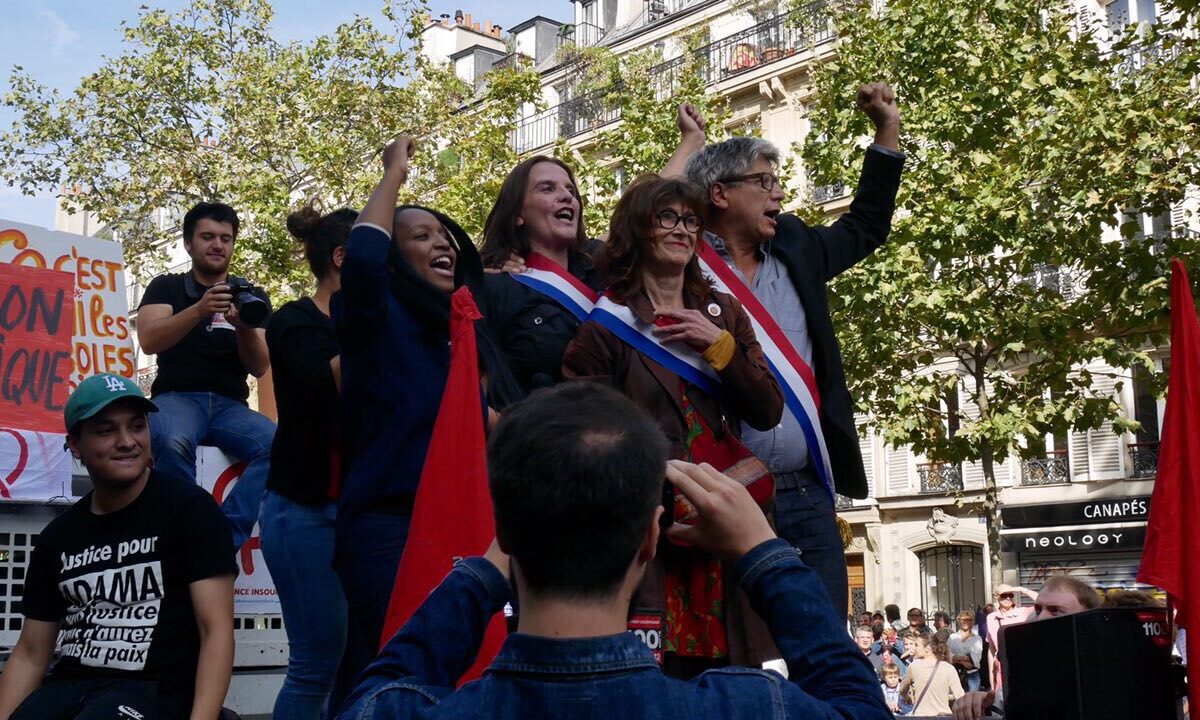Trans Pride Berlin stands unequivocally with Palestinian liberation and in solidarity with all racialized communities fighting for justice and freedom. Our commitment to trans liberation cannot be separated from our commitment to global liberation.
To our LGBTQIA+ siblings, allies, and everyone who believes in justice: we urgently need you with us. When trans people are under attack (through state surveillance, legal restrictions, and violence) it threatens the freedom of all marginalized communities. When any of us are targeted, we all become less safe. Your presence at Trans Pride Berlin is not just solidarity; it’s self-defense for all our communities.
Learning from Our Past, Building Our Future
We acknowledge the harm caused by last year’s national flag policy, which silenced Palestinian voices at a time when solidarity was most needed. We failed our community, particularly those standing with Palestine, and we take full responsibility for that exclusionary decision. This year, we are rebuilding Trans Pride Berlin from the ground up (centering the voices and leadership of those most impacted by systemic oppression).
Trans Pride Berlin is stepping away from white feminism and homonationalism that have dominated our spaces and community for too long. We reject the sanitized politics that prioritize respectability over liberation, that center whiteness while tokenizing racialized voices, and that align with state power instead of challenging it. True trans liberation requires dismantling these systems, not reforming them.
Our Solidarity is International
We stand alongside the International Queer Pride and Community Dyke March, whose powerful statements on Palestinian liberation reflect our shared values. There can be no queer liberation without Palestinian liberation. There can be no trans freedom without racial justice. There can be no true pride while genocide and occupation continue.
Fighting All Forms of Oppression
We stand firmly against antisemitism, Islamophobia, anti-Blackness, and all forms of religious and ethnic hatred. We reject the weaponization of antisemitism accusations to silence legitimate criticism of Israeli state policies and Palestinian solidarity. True opposition to antisemitism means fighting all systems of oppression (including the occupation and genocide of Palestinian people).
We also acknowledge the voices of Jewish queer community members who stand in solidarity against occupation, racism, and antisemitism—their perspectives are an essential part of our movement.
Our anti-colonial politics must include a clear commitment to addressing anti-Blackness, which has long been central to systems of domination across the globe. These systems continue to impact many communities, and Black trans people, especially Black trans women; experience this harm at multiple intersections. Their lives, leadership, and liberation are essential to the broader struggle for justice. We cannot speak of freedom without centering those most affected by these overlapping forms of oppression.
Recognizing Patterns of Repression
We recognize that the same systems used to silence Palestinian voices in Germany are blueprints for silencing all marginalized communities, including queer and trans people. When states criminalize solidarity, ban symbols of resistance, and label liberation movements as threats, they create precedents that will inevitably be used against all of us who dare to resist.
Over the past year, our queer and trans siblings (especially racialized, Muslim, and Jewish community members) have been subjected to extreme police and state violence. We condemn this violence unequivocally. The targeting of our people for their identities, their solidarity, or their resistance exposes the lie that we live in a free and equal society.
This pattern extends to the German government’s proposed registry system for trans people seeking legal gender recognition (a dangerous violation of privacy rights that echoes Germany’s own dark history of registering and tracking marginalized communities). The state also threatens to withdraw the Selbstbestimmungsgesetz and appears ready to follow the UK and US in criminalizing us and stripping away our rights. Any system that creates lists of vulnerable people for state surveillance should alarm us all. We know where such registries lead, and we refuse to accept that trans people should be tracked and monitored by the state under any pretext.
The fight for Palestinian freedom is inseparable from our fight for trans and queer liberation. State surveillance, whether targeting Palestinians or trans people, serves the same function: control, intimidation, and the systematic erosion of our rights to exist freely.
Our Commitment Moving Forward
This year’s Trans Pride Berlin will be:
- Anti-colonial: Rejecting all forms of settler colonialism and occupation
- Anti-racist: Centering the leadership of racialized trans people
- Trans-feminist: Amplifying trans women’s voices and experiences
- Pro-sex work: Supporting the full humanity and rights of sex workers
- Disability justice-oriented: Creating accessible spaces for all bodies and minds
A Call to Action
We call on our community to join us in building a Pride that reflects our true politics (one that doesn’t shy away from global solidarity), that doesn’t sanitize our resistance, and that doesn’t abandon our most vulnerable community members for the comfort of respectability.
Get involved – we need you:
- Register a bloc for your community (Black, SWANA, Asian, disabled, sex worker, trans fem, and more)
- Give a speech or performance that centers our politics of liberation
- Help with logistics – from marshaling to sound tech to accessibility coordination
- Support organizing through social media, flyering, or community outreach
To our Palestinian trans and queer siblings: your liberation is our liberation. We see you, and we commit to standing with you. Let us unite our fight towards collective justice and freedom for us all.
To our racialized community members: your leadership is not just welcome. It is essential. Help us build something worthy of our collective power.
Trans liberation means liberation for all




